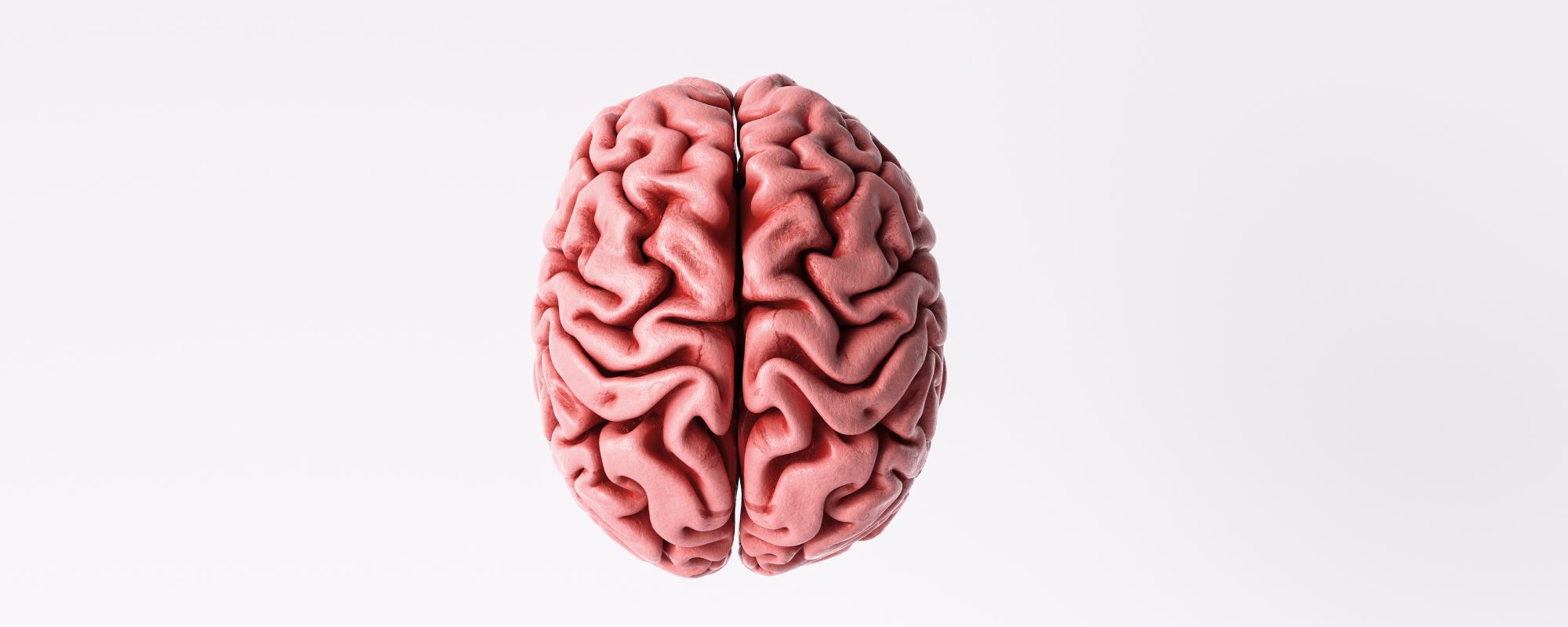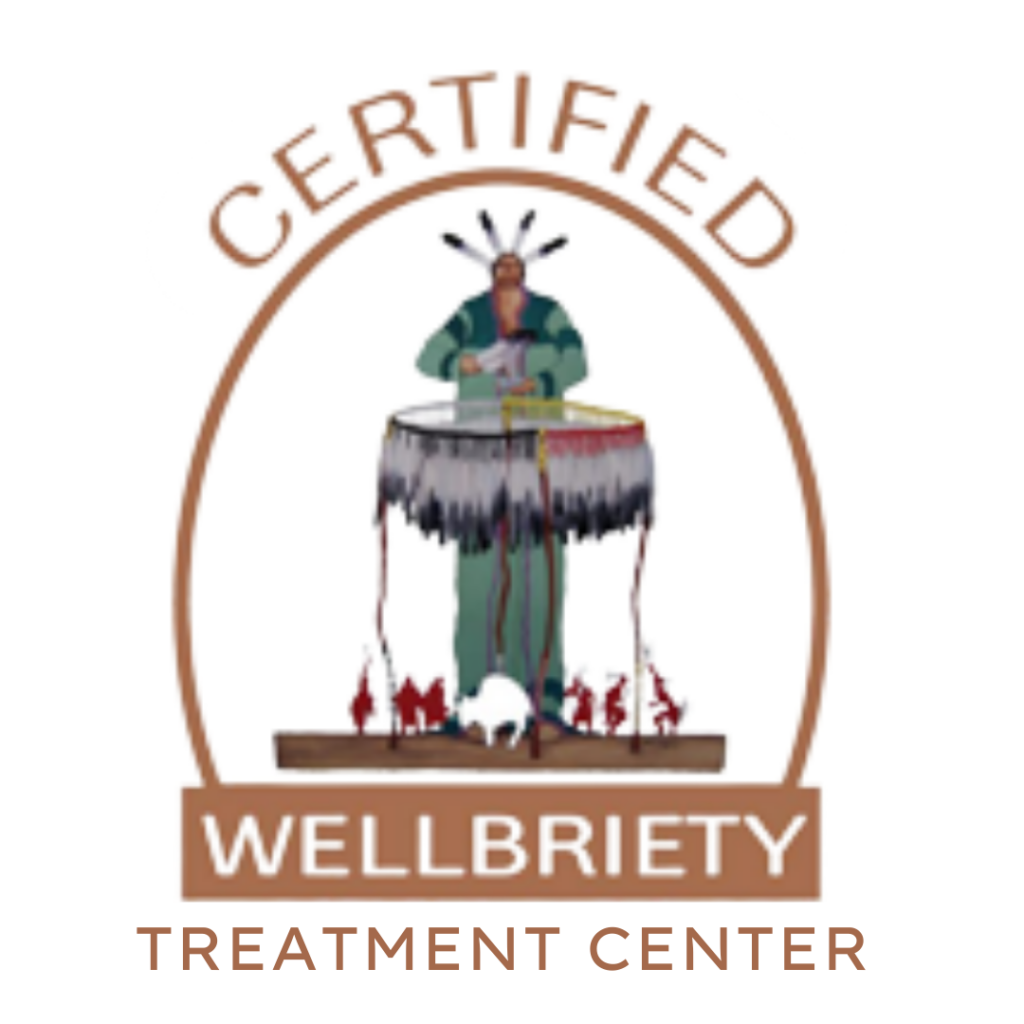For those with alcohol use disorder (AUD), detoxification, or detox for short, is the first step on the road to recovery. It also tends to be the most difficult and frightening.
Alcohol detox involves completely ceasing all alcohol consumption of any kind. This is to let the alcohol completely leave a person’s system. It’s only when alcohol is completely out of the body that true treatment can begin.
People who suffer from AUD find it difficult to detox due to the frightening and unpleasant symptoms of alcohol withdrawal. These symptoms can be physically and mentally draining, resulting in many who try to quit turning back to alcohol and relapsing. In severe cases, relapse can lead to alcohol poisoning and even fatal overdoses.
While detoxing from alcohol has always been a challenge, recent advancements in therapy and medications to treat alcohol detox symptoms have made the process easier.
In this article, we’ll answer questions you may have, such as how long it takes to detox from alcohol, alcohol detox symptoms, the best way to detox from alcohol, and more. If you or a loved one is currently suffering from AUD, read on to learn more.
Detox from Alcohol
Detoxing from alcohol is the first step on the long road to recovery. During the detox, various alcohol withdrawal symptoms may occur. These symptoms can be dangerous and are best managed under the care of medical professionals.
Alcohol Detox Symptoms
Alcohol withdrawal symptoms can range from one person to the next.
Some of the many withdrawal symptoms that can occur during detox include:
- Tremors (delirium tremens in severe cases)
- Feelings of nausea and vomiting
- Tachycardia (rapid heart rate)
- Hyperthermia (unusually high body temperature)
- High blood pressure
- Agitation
- Mood swings
- Jumpiness
- Headaches
- Hallucinations
Many people choose to continue drinking alcohol to prevent these symptoms from occurring. However, this only keeps withdrawal symptoms at bay for a few hours at most. And when they return, they are often worse than before.
How Long Does Alcohol Detox Take?
When trying to figure out how long it takes to detox from alcohol, it’s important to remember that everyone is different. Factors like the amount of alcohol consumed, how long the person has been drinking, and their overall health will all contribute to the duration of detox. Generally speaking, someone who abuses alcohol heavily can take two weeks or more to complete detox.
Alcohol Detox Timeline
When you stop drinking alcohol, your body may undergo several withdrawal stages.
It’s important to understand that while the following are basic guidelines, everyone is different. Some people still suffer physical symptoms up to 10 days after their last drink.
Stage 1
6 Hours After the Last Drink
Alcohol withdrawal symptoms generally start appearing six hours after your last drink.
Symptoms at this stage tend to be mild – here’s what you can expect:
- Minor tremors (commonly referred to as “the shakes”)
- Anxiety
- Irritability
- Nausea
- Mild sensitivity to light and sounds
- Minor headaches
- Mild itching
These symptoms will typically last around six to twelve hours.
Stage 2
6 to 12 Hours After the Last Drink
At this point, your withdrawal symptoms may begin to gradually increase in intensity. You may experience things like tremors or tachycardia, a condition in which your heart beats at over 100 beats per minute. Other symptoms at this stage can include nausea and vomiting.
Stage 3
24 to 48 Hours After the Last Drink
At this stage of withdrawal, you may experience something known as alcoholic hallucinosis. This can entail various auditory, visual, and tactile hallucinations.
Examples of withdrawal-related hallucinations could include:
- Sensitivity to light
- Experiencing normal levels of noise and sound as relatively harsh
- A feeling of pins and needles in your extremities
If your withdrawal is particularly severe, you may also experience paranoia, agitation, and seizures.
On the other hand, if your withdrawal is relatively minor, the above list of symptoms may peak 18 to 24 hours after your last drink, decreasing four to five days later.
Stage 4
48 to 72 Hours After the Last Drink
Those with particularly severe AUDs may experience a fourth stage of withdrawal with a particularly severe set of symptoms known as delirium tremens (DT).
Delirium tremens is a serious medical condition in which a person can suffer from confusion, shakes, and other psychological and physical symptoms.
Like alcohol hallucinosis (AH), people with DT will manifest agitation and hallucinations. However, DT has one major symptom that sets it apart: disorientation. Those with DTs can become so confused they pose a risk to the safety of themselves and others around them.
Other symptoms of DTs include:
- Fever
- Paranoia
- Seizures
- Hallucinations
- Agitation
- Panic attacks
- Drenching sweats
DTs are the most severe of all the possible symptoms of alcohol withdrawal and detox. It typically occurs 7 to 10 days after the last drink.
Stage 5
72 Hours After the Last Drink
It is at this stage when alcohol withdrawal symptoms peak for most people. After this, they generally tend to wane slowly.
Reach Out for Help With Addiction and Co-Occurring Mental Health Disorders
Are you struggling with substance abuse and mental illness?
Royal Life Centers at the Haven Detox is here to help you recover. Because We Care.
Alcohol Detox Center
Anyone detoxing from alcohol should do so under the guidance of medical professionals. This is done at an alcohol detox center.
An alcohol detox center can be either an inpatient or outpatient treatment center, depending on your condition. If your case of AUD is severe, it’s best to undergo alcohol detox at an inpatient facility. Less severe cases can be treated on an outpatient basis. Treatment programs typically last between 30 and 90 days.
While detoxing from alcohol, it’s also important to note that professional medical care can help make this process much easier and safer. Detoxing from alcohol unsupervised can be dangerous and lead to severe medical complications or death. Professional alcohol detox centers provide a safe, structured environment for the guest to complete the process with trained staff on hand to oversee their recovery.
Best Way to Get Through Alcohol Withdrawal and Detox
Due to the overwhelming and even dangerous withdrawal symptoms, detoxing from home is not recommended. Instead, the best way to detox from alcohol is at an alcohol detox facility under the care of medical professionals.
An alcohol detox center can also offer medications that can help with some of the more difficult symptoms of alcohol withdrawal, such as tremors and anxiety. Due to the risk of seizures during alcohol withdrawal, treatment professionals can provide alcohol detox medications that can help make the process more bearable and less dangerous.
Alcohol Detox Medication
There are currently three medications approved by the Food and Drug Administration to treat AUD. As a result, they are the ones most likely to be covered by your health insurance for the treatment of AUD.
These medications are:
- Naltrexone — This drug blocks the reward centers in the brain from being activated when drinking alcohol, thus decreasing the risk of relapse and ensuring detox can continue.
- Acamprosate — This drug can minimize symptoms like anxiety, insomnia, and dysphoria (feelings of unhappiness or unease).
- Disulfiram — Also known as Antabuse, this medication causes unpleasant effects whenever alcohol is consumed.
The National Institute on Alcohol Abuse and Alcoholism (NIAA) is currently exploring other medications to help with alcohol detox. One of these, Topiramate, has shown promising results in large clinical trials. Originally an anti-epileptic drug, it’s also demonstrated success in reducing alcohol cravings.
Gabapentin, an anticonvulsant drug, has been used in an off-label capacity to treat alcohol withdrawal symptoms.
Other medications that can be used off-label to treat alcohol detox symptoms include:
- Antidepressants (ex: Celexa, Lexapro, Zoloft)
- Anti-nausea medications (ex: Zofran, promethazine, metoclopramide)
- Antipsychotics (ex: Risperdal, Seroquel, Abilify)
- Benzodiazepines (ex: lorazepam, chlordiazepoxide, diazepam)
This list is by no means exhaustive, nor should it be taken as professional medical advice. You can discuss all medication options with your doctor during treatment.
How to Enter a Detox for Alcohol
If you are looking to enter an alcohol detox center, there are multiple ways to go about it. The first and most common way is to talk to your medical provider, who can give you informed recommendations.
Royal Life Centers is dedicated to making your detox from alcohol as easy as possible. We provide affordable, holistic, and human-centered care for those struggling with substance use disorders. We also offer insurance verification so you can see if your insurance covers detox.
To learn more about how we can help you, call us at 877-RECOVERY. Our specialists are available 24/7 to answer your questions.
- Drug Detox as a Precursor to Residential Treatment - June 23, 2025
- How To Know If Your Liver Detox Is Working - May 30, 2025
- Warning: Pressed Adderall - March 28, 2025
























